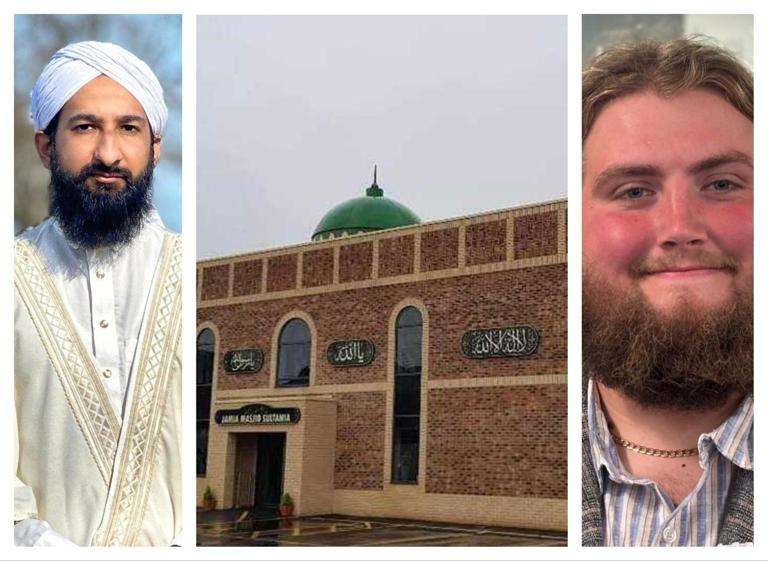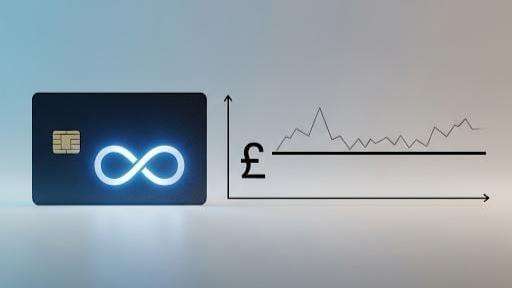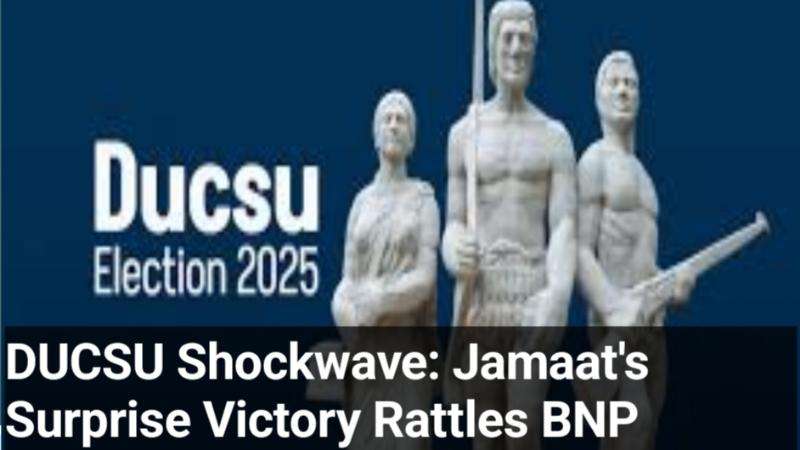Across the African continent, a persistent battle against corruption, the specter of military influence, and complex power dynamics continue to shape political landscapes. These deeply entrenched issues frequently undermine democratic progress and foster instability, diverting vital resources and eroding public trust.
Reports consistently highlight widespread public perception that corruption is on the rise, with many governments falling short in their anti-corruption efforts. The police and private sector often bear the brunt of public criticism, seen as hubs of illicit activity. This corruption has a tangible and devastating impact on African economies, with billions of dollars siphoned off annually through illicit financial flows. Such losses deprive essential sectors like healthcare, education, and infrastructure of much-needed funding, directly contributing to poverty and inequality.
The role of the military in political affairs also remains a contentious issue. While some interventions are framed as counter-terrorism measures, they often raise concerns about national sovereignty. In several countries, the military's direct involvement in governance exacerbates existing fragilities, leading to prolonged conflict and state instability. The fraught nature of power transitions, as witnessed in various nations, underscores how mismanaged successions can plunge a country into prolonged conflict.
Ivory Coast: A Crucial Vote Amidst Lingering Shadows
In West Africa, the economic powerhouse of Ivory Coast is setting the stage for a critical presidential election in October 2025. This upcoming vote is widely viewed as a significant test of the nation's democratic fortitude, especially given its history of electoral violence, most notably the deadly crisis following the 2010 election.
Several prominent figures are expected to vie for the presidency, including the incumbent, President Alassane Ouattara. The political landscape is further complicated by the candidacy of former Prime Minister Guillaume Soro, who, despite living in exile and facing a conviction in absentia on corruption charges, has announced his intention to run. Other notable candidates include former President Laurent Gbagbo, whose eligibility has been a subject of legal and political debate, and Tidjane Thiam, a former Credit Suisse CEO, whose candidacy has faced hurdles related to dual citizenship. The exclusion of some opposition figures from the race due to various legal technicalities has raised concerns about the inclusiveness and transparency of the electoral process, with some opposition figures alleging efforts to ensure a "tailor-made" election outcome.
Ivory Coast has made some strides in improving its standing on global corruption perception indices, yet public skepticism persists. Many Ivorians continue to perceive government officials as corrupt, and the challenges of illicit financial flows remain. While specific verifiable details of individual politicians involved in "marriage sex money trafficking" are not widely or publicly documented in major news reports due to ongoing investigations and legal sensitivities, broader corruption cases, such as the misappropriation of tens of billions of CFA francs involving magistrates, elected officials, and former company directors, have been reported in the past. These cases highlight the pervasive nature of financial malfeasance within the political and economic spheres.
The integrity of the electoral commission and the potential for external interference, including concerns about disinformation campaigns, are ongoing anxieties. The journey to a peaceful, free, and fair election in Ivory Coast in 2025 will be a telling indicator of its commitment to democratic principles and its ability to overcome the multifaceted challenges that continue to plague many African nations. The outcome will undoubtedly send ripples across the entire West African sub-region.
_7.jpg)


_9.jpg)




.svg)


